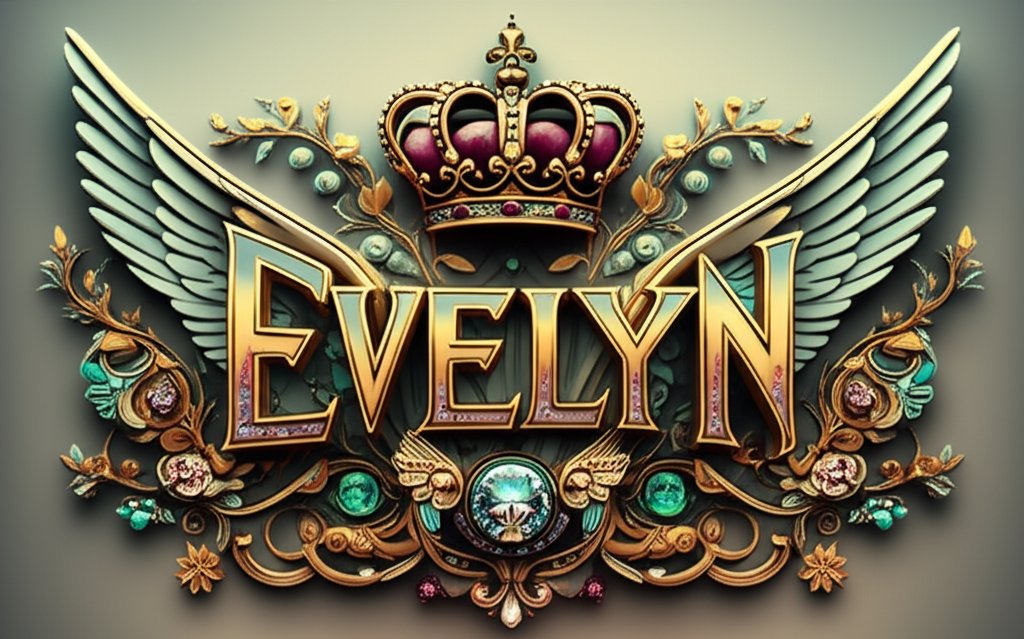Book of Names Meaning: What’s Behind Baby’s New Name?
Choosing a baby name feels weighty. A book of names meaning can be more than just a reference; it’s a guide to imbuing your child’s identity with intention, history, and hope. But with endless options, how do you narrow it down and find the perfect fit, one that resonates with your values and aspirations?
At a glance:
- Discover how a book of names meaning can help you choose a name with specific symbolism, like “new beginnings.”
- Explore popular names, meanings, and origins across different cultures.
- Learn how to balance personal preferences with name meanings and cultural considerations.
- Understand the pitfalls of relying solely on name meanings without considering sound and usability.
- Get actionable strategies to pick a name that embodies your hopes for your child’s future.
Beyond the Sound: Unearthing Meaning in Names
Many parents are drawn to names not just for their sound, but for the deeper meaning they carry. A book of names meaning is your starting point. Names that signify “new beginnings,” for instance, are experiencing a surge in popularity, reflecting a collective desire for fresh starts and optimism.
Consider Aurora (Latin for “dawn”), Nova (Latin for “new”), or Xavier (Basque for “new house”). These names evoke a sense of hope and opportunity. But a name’s meaning is just one facet of the decision-making process.
The Allure of “New”: Names that Symbolize Fresh Starts

The concept of “newness” is powerful. It symbolizes potential, opportunity, and a clean slate. Names that embody this meaning resonate with parents seeking to instill these qualities in their children. But “new” can take many forms.
- Literal Newness: Names directly translating to “new” or related terms. Example: Nova (Latin for “new”).
- Symbolic Newness: Names representing dawn, spring, or rebirth. Examples: Aurora (dawn), Chloe (young green shoot).
- Associated Newness: Names linked to concepts of hope, change, or firsts. Examples: Asha (hope), Arya (honorable, a fresh start).
A book of names meaning can help you identify names that fall into these categories, broadening your options and revealing hidden gems.
Cultural Tapestry: Exploring Names Across the Globe
Name meanings often intertwine with culture and history. What resonates in one culture may have a different connotation in another. For example, Zara, a popular name globally, has Hebrew and Arabic origins, meaning “blooming flower” or “God remembers.”
Consider these examples:
- Arabic: Naya (new)
- Greek: Neoma (new moon)
- Latin: Renata (reborn)
- Sanskrit: Sahasra (new beginning)
Exploring names from different cultures adds depth to your search and introduces you to a wider range of possibilities.
More Than Just Meaning: Finding the Perfect Fit
While a book of names meaning is a valuable tool, it’s crucial to consider other factors. Does the name sound pleasing? Is it easy to pronounce and spell? Will it age well?
Imagine naming your child “Inizio” (Italian for “beginning”). While the meaning is beautiful, its pronunciation and familiarity might pose challenges in some English-speaking contexts.
Here’s a simple framework:
- Meaning: Does the meaning align with your values and hopes?
- Sound: Is the name phonetically pleasing?
- Usability: Is it easy to pronounce, spell, and remember?
- Associations: What are the existing associations (positive or negative) with the name?
Practical Playbook: Choosing a Meaningful Name
Here’s a step-by-step guide to using a book of names meaning effectively:
- Define Your Values: What qualities do you want to instill in your child? Make a list of keywords (e.g., hope, strength, wisdom, creativity).
- Consult a Name Book: Use the keywords to search for names with corresponding meanings. Several reputable online and print resources serve as a book of names meaning.
- Create a Shortlist: Compile a list of names that resonate with you, considering both meaning and sound.
- Test the Names: Say the names aloud, write them down, and imagine using them in everyday situations.
- Get Feedback: Share your shortlist with trusted friends or family members and gather their opinions.
- Trust Your Gut: Ultimately, the best name is one that feels right to you.
For example, if you value resilience and starting anew, you might be drawn to names like “Renata” (reborn) or “Anew” (a fresh start).
Balancing Meaning and Sound

Sometimes, the name with the perfect meaning doesn’t quite roll off the tongue. Don’t despair! There are several ways to strike a balance:
- Variations: Explore variations of the name that might sound more appealing. For example, if you like “Zara” but are unsure about its pronunciation, consider “Sarah.”
- Nicknames: Choose a longer name with a meaningful connection and use a shorter, more familiar nickname. For example, “Aurora” (dawn) could be shortened to “Rory.”
- Middle Names: If you’re set on a particular meaning but dislike the sound of names that carry it, consider using a name with the desired meaning as a middle name.
Remember, the goal is to find a name that you love and that resonates with your personal values.
Discover more about the broader context and origins of name meanings by exploring Discover your born name’s origins.
Pitfalls to Avoid: Common Mistakes in Naming
Relying solely on a book of names meaning can lead to some common pitfalls and mistakes.
- Overemphasis on Meaning: Don’t let the meaning overshadow the importance of sound and usability. A beautiful meaning won’t compensate for a name that’s difficult to pronounce or spell.
- Trendy Names: Be wary of overly trendy names that might become dated quickly. Consider the long-term implications of your choice.
- Negative Associations: Research the name thoroughly to ensure it doesn’t have any unintended negative associations.
- Cultural Appropriation: Be mindful of cultural appropriation when choosing names from cultures that are not your own. Do your research and choose respectfully.
Quick Answers: Your Naming FAQs
Q: Is it okay to choose a name with a meaning that doesn’t perfectly align with my child’s personality?
Absolutely! A name is a starting point, not a destiny. Your child will shape their own identity, and their name will become uniquely theirs.
Q: Should I tell people the meaning of the name before the baby is born?
That’s a personal choice. Some parents enjoy sharing the meaning, while others prefer to keep it a surprise. Be prepared for opinions, solicited or unsolicited.
Q: What if I change my mind after the baby is born?
While possible, legally changing a baby’s name is an involved process. It’s best to be as confident as possible beforehand.
Actionable Closing: Your Naming Journey Starts Now
Choosing a name is a deeply personal and meaningful process. A book of names meaning provides a valuable starting point, but it’s just one tool in your arsenal. By considering meaning, sound, usability, and cultural context, you can find a name that embodies your hopes and dreams for your child’s future. Start exploring today, and enjoy the journey!
- Exploring Female Names that Mean Death and Their Hidden Power - February 20, 2026
- Intriguing Names That Mean Cursed From Lore and Legend - February 19, 2026
- Names That Mean Darkness Or Death From Myth To Modernity - February 18, 2026










